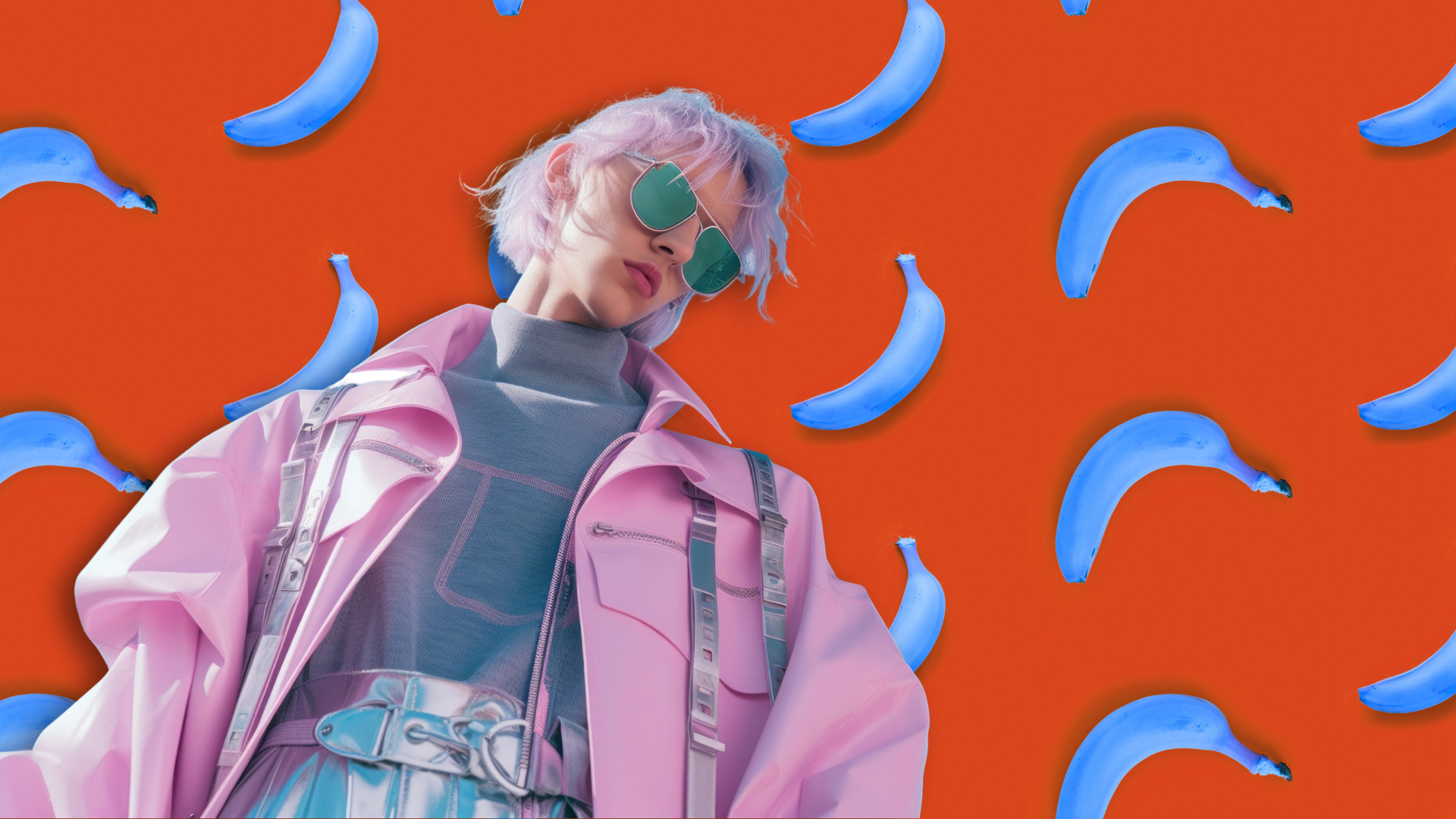Nano Banana raises the bar, Zalando loses EU court fight, hyper-personalised shopping is here
Google’s new AI image model brings brand-quality visuals to the masses; Zalando’s failed DSA appeal signals fashion platforms face Big Tech-level scrutiny; and AI fashion agents like Gensmo are turning online shopping into a hyper-personalised experience.
Google's 'Nano Banana' Raises the Bar for AI Imagery in Fashion
Google’s new AI image model brings unprecedented consistency and editability to general-use tools, letting users swap clothing and tweak visuals without the typical AI weirdness. What once required brand-specific fine-tuning is now available to the masses, a leap forward that shifts the fashion AI conversation from capability to consequence.
Why it matters: This shift puts powerful tools into everyday hands, raising the bar for brand visuals and forcing fashion-specific AI tools to focus on the complex stuff, like fabric behaviour, fit, and cultural resonance, to remain competitive.

Zalando loses EU court fight over online platform status
Zalando has lost its legal challenge against being classified as a "Very Large Online Platform" (VLOP) under the EU’s Digital Services Act, a ruling that subjects it to stricter obligations around illegal and harmful content. The fashion giant argued that its hybrid retail model differs from Big Tech players like Google and Meta, but the court upheld the Commission’s designation, citing over 83 million monthly users and an inability to separate third-party content exposure.
Why it matters: This ruling affirms the EU’s intent to apply DSA rules uniformly, setting a precedent for platform accountability - even for retailers - and reinforcing that fashion marketplaces aren’t exempt from content governance.

AI Fashion Agents Go Beyond Recommendations to Style You Like a Real Human
As fashion e-commerce surpasses $1 trillion, startups like Gensmo are pioneering a new wave of AI-powered personal shoppers that act more like stylists than algorithms. These agents understand your body, style, and even your calendar to build outfits, simulate try-ons, and reduce decision fatigue. With $60M in funding, Gensmo is betting that shoppers want more than search bars, they want AI that knows them.
Why it matters: This marks a fundamental shift in the interface between brands and consumers. If AI agents can move from suggesting products to genuinely 'understanding' individuals, fashion commerce becomes less about inventory exposure and more about identity expression. That raises the stakes for every brand: either build experiences that feel tailored to the person, or risk becoming background noise in an increasingly personalized world.



